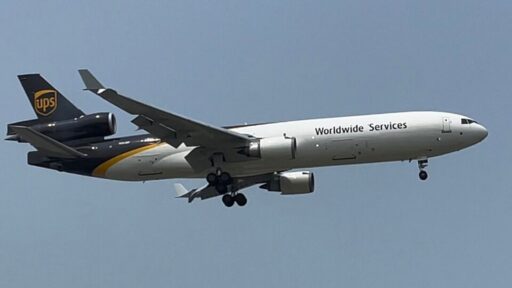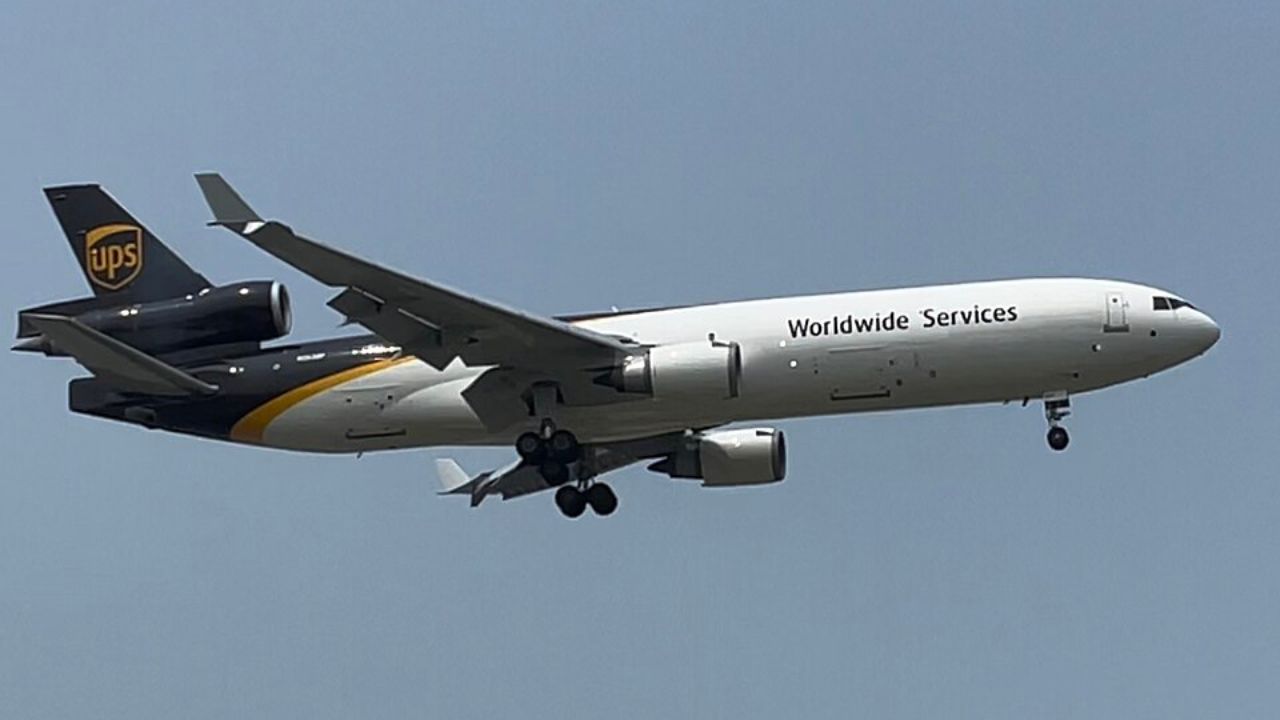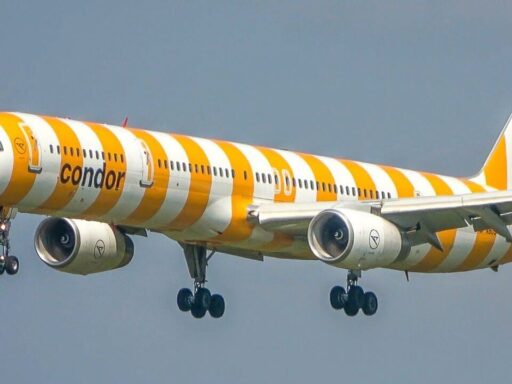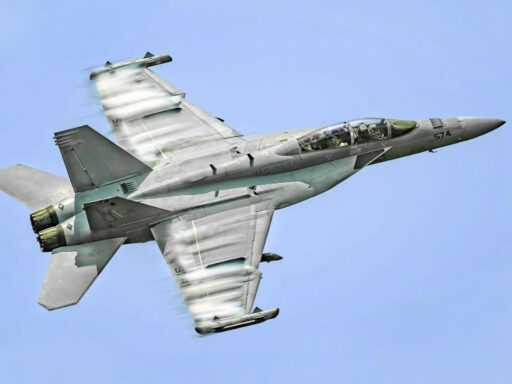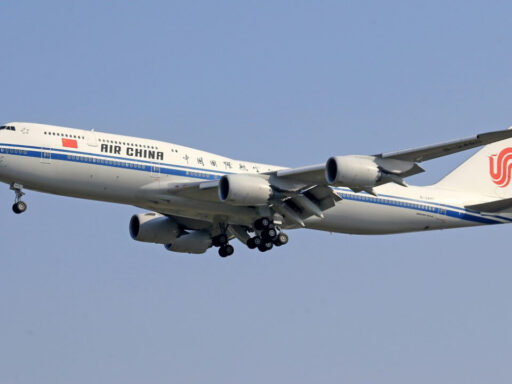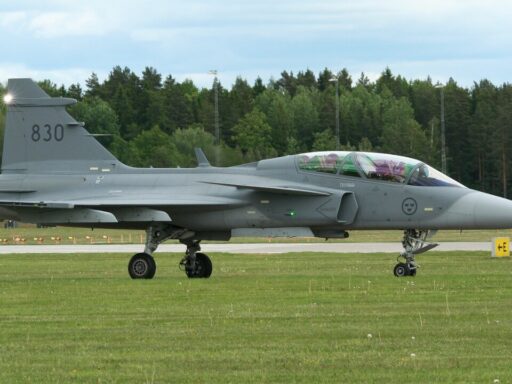The Federal Aviation Administration (FAA) has grounded the entire MD-11 fleet for mandatory inspections following a deadly UPS cargo plane crash in Louisville, Kentucky, which killed all three crew members aboard the McDonnell Douglas MD-11. UPS and FedEx, the primary operators of MD-11 aircraft, announced their own groundings of the fleet type involved in the incident near Louisville Muhammad Ali International Airport. This action, escalating from initial temporary halts, requires emergency airworthiness directives on all MD-11 planes amid an ongoing National Transportation Safety Board (NTSB) investigation into the fatal Kentucky crash that has left the community in mourning.
The Crash Incident
The tragic crash of UPS Flight near Louisville Muhammad Ali International Airport resulted in the deaths of all three crew members on board the McDonnell Douglas MD-11 cargo plane. This devastating event has sent shockwaves through the aviation community and highlighted the potential risks associated with this aircraft model. The crash occurred shortly before the FAA’s initial decision to temporarily ground MD-11s, as detailed in early updates from the NTSB on the final moments of the UPS plane crash. The investigation into the crash is ongoing, with authorities working to determine the exact cause of the incident.
The crash has raised significant safety concerns, prompting immediate action from both regulatory bodies and the airlines operating these aircraft. The loss of life and the potential implications for air safety have underscored the urgency of the situation, leading to swift responses from all parties involved. The community in Louisville is mourning the loss of the crew members, and the incident has sparked a broader conversation about aviation safety and the measures needed to prevent similar tragedies in the future.
Initial FAA Response
In the wake of the deadly UPS plane crash in Kentucky, the FAA took immediate action by temporarily grounding all MD-11 aircraft. This marked the first halt on flights of MD-11 cargo planes, signaling a significant shift from routine operations to a heightened focus on safety. The temporary grounding allowed for preliminary assessments to be conducted, ensuring that any potential safety issues could be identified and addressed before flights resumed.
The FAA’s decision to temporarily ground the MD-11 fleet was a critical step in prioritizing safety over operational continuity. This move demonstrated the agency’s commitment to ensuring the safety of both crew members and the public, as well as its willingness to take decisive action in response to emerging threats. The temporary grounding also provided an opportunity for airlines and regulatory bodies to collaborate on identifying and mitigating any risks associated with the MD-11 aircraft.
Escalation to Full Grounding
Following the initial temporary grounding, the FAA expanded its measures by grounding the entire MD-11 fleet after the deadly UPS crash near Louisville. This escalation from a temporary measure to a comprehensive fleet-wide stop was announced as a direct response to the severity of the Louisville incident. The decision to ground the entire fleet underscores the gravity of the situation and the need for thorough inspections to ensure the safety of these aircraft.
The full grounding of the MD-11 fleet represents a significant step in addressing the potential risks associated with this aircraft model. By halting all operations, the FAA aims to conduct comprehensive inspections and implement any necessary safety measures before allowing flights to resume. This proactive approach reflects the agency’s commitment to maintaining the highest standards of safety and preventing future incidents.
Airline Grounding Announcements
In response to the FAA’s actions, both UPS and FedEx announced their own decisions to ground their MD-11 fleets. UPS led the voluntary fleet grounding, highlighting the company’s commitment to safety and its proactive approach to addressing potential risks. The grounding of the McDonnell Douglas MD-11 by UPS and FedEx following the deadly Louisville, Kentucky plane crash demonstrates a coordinated industry action aimed at ensuring the safety of their operations.
The decisions by UPS and FedEx to ground their MD-11 fleets reflect the seriousness with which these companies are treating the situation. By taking swift action, they are prioritizing the safety of their crew members and the public, as well as demonstrating their commitment to maintaining the highest standards of safety in their operations. This coordinated response also highlights the importance of collaboration between airlines and regulatory bodies in addressing safety concerns and preventing future incidents.
Mandatory Inspections Ordered
The FAA has ordered inspections on all MD-11 planes following the deadly Kentucky crash, issuing an emergency airworthiness directive for thorough checks. This directive requires operators to complete comprehensive reviews of their aircraft before resuming flights. The inspections are aimed at identifying any potential safety issues and implementing necessary measures to ensure the continued safe operation of the MD-11 fleet.
The mandatory inspections ordered by the FAA are a critical step in addressing the potential risks associated with the MD-11 aircraft. By requiring thorough checks, the agency aims to identify and mitigate any safety concerns, ensuring that these aircraft can operate safely in the future. This proactive approach reflects the FAA’s commitment to maintaining the highest standards of safety and preventing future incidents.
Ongoing Investigation and Community Impact
The ongoing investigation into the UPS plane crash has left the community in mourning, with the FAA halting flights of MD-11 cargo planes and requiring inspections as a direct response to the incident. The grounding of the fleet represents a key change from pre-incident operations to heightened scrutiny, as authorities work to determine the cause of the crash and implement necessary safety measures.
Updates from the crash investigation emphasize the time-sensitive nature of the NTSB’s work, with the grounding of the MD-11 fleet serving as a critical step in ensuring the safety of these aircraft. The community in Louisville is grappling with the emotional toll of the incident, as authorities continue to investigate the crash and work to prevent similar tragedies in the future. The incident has sparked a broader conversation about aviation safety and the measures needed to protect both crew members and the public.
As the investigation continues, the FAA and other regulatory bodies remain committed to ensuring the safety of the MD-11 fleet and addressing any potential risks associated with this aircraft model. The grounding of the fleet and the mandatory inspections ordered by the FAA reflect the agency’s dedication to maintaining the highest standards of safety and preventing future incidents. The community in Louisville, along with the broader aviation industry, is closely monitoring the investigation and its outcomes, as authorities work to ensure the continued safe operation of these aircraft.


